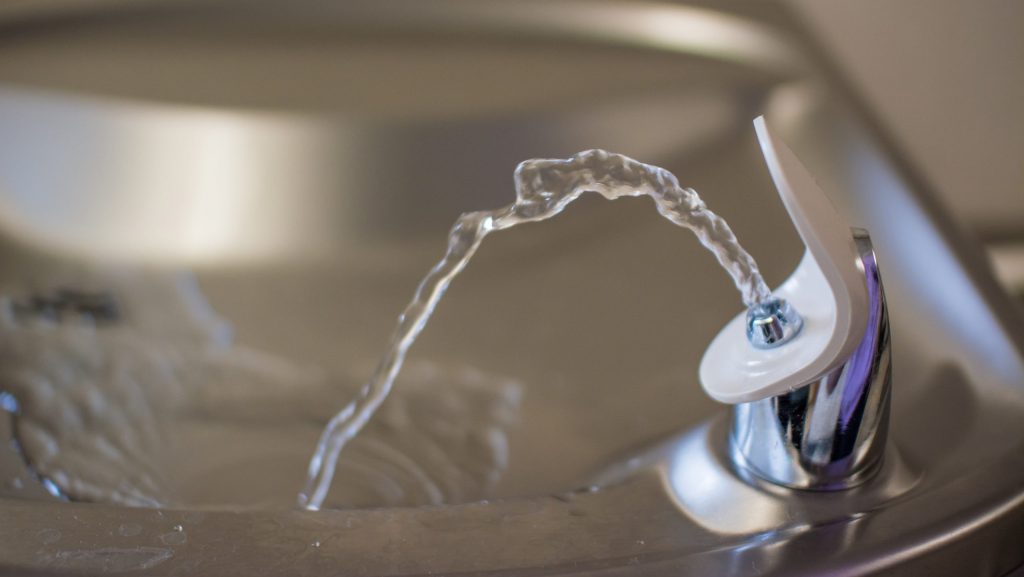Detroit Evening Report: PFAS detected in metro Detroit water sources, analysis finds
Hernz Laguerre July 5, 2024Listen to the latest episode of the “Detroit Evening Report” podcast.

A recent analysis of state and federal water sampling data by Planet Detroit found detectable levels of PFAS contaminants in several metro Detroit areas.
Subscribe to the Detroit Evening Report on Apple Podcasts, Spotify, NPR.org or wherever you get your podcasts.
PFAS, also known per- and polyfluoroalkyl substances, are a diverse group of chemicals used in hundreds of types of products — from cookware to firefighting foam. Scientific studies have shown that exposure to PFAS may be linked to harmful health effects in humans and animals, and ingestion of food and water is the main route of exposure, according to the Centers for Disease Control.
Because the “forever chemicals” take such a long time to break down, they have become largely ubiquitous in the water, air, fish and soil.
To help mitigate the health impacts of PFAS in the environment, the U.S. Environmental Protection Agency announced in April it will soon implement its first-ever drinking water standards for six PFAS chemicals. Roughly 10% of public utilities in the U.S. will need to make changes to meet the new standards, according to the agency.
According to Planet Detroit’s analysis, PFAS have been found in 59 areas in southeast Michigan — including 18 in Livingston, 23 in Oakland County, four in Macomb County, eight in Wayne County and six in Washtenaw County. These areas included municipal and community water supplies, childcare providers, schools, healthcare offices and workplaces.
Read more: How to test your drinking water for PFAS in metro Detroit
Most metro Detroiters — about 3.9 million customers across 126 municipalities — get their drinking water from the Great Lakes Water Authority, Planet Detroit reports. Cheryl Porter, GLWA chief operating officer of water and field services, told Planet Detroit that the agency has been testing for PFAS annually since 2009 and has not detected the substance in treated drinking water samples.
Under the EPA guidelines, public water systems are required to complete initial PFAS monitoring and publicly share the data by 2027, with requirements to comply with the new standards and implement treatment systems by 2029 — and the cleanup could be costly.
Michigan also set its own standards in 2020 for PFAS in drinking water, though they are less restrictive than the EPA’s proposed standards.
Other headlines for Friday, July 5, 2024:
- Mayor Mike Duggan recently announced plans to expand the City’s ShotStoppers community violence intervention program.
- The Detroit Economic Growth Corporation has awarded more than $1 million in grants to 16 new local businesses in their recent round of Motor City Match this past spring.
- We know Fourth of July was yesterday but the celebration will continue this weekend with Jerk X Jollof, a celebration of Afro Caribbean culture, cuisine and nightlife, set for 10 p.m. Saturday, July 6, at Big Pink.
Do you have a community story we should tell? Let us know in an email at detroiteveningreport@wdet.org.
Trusted, accurate, up-to-date.
WDET strives to make our journalism accessible to everyone. As a public media institution, we maintain our journalistic integrity through independent support from readers like you. If you value WDET as your source of news, music and conversation, please make a gift today.
